Tierra y poder
- OXFAM - CRECE
- 22 September 2011
El creciente escándalo en torno a una nueva oleada de inversiones en tierras
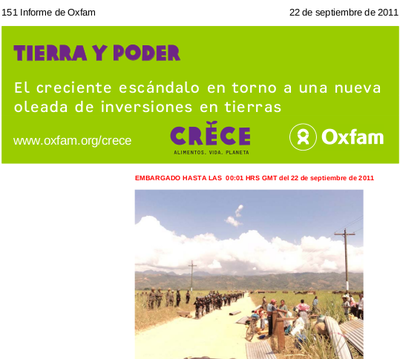
El creciente escándalo en torno a una nueva oleada de inversiones en tierras
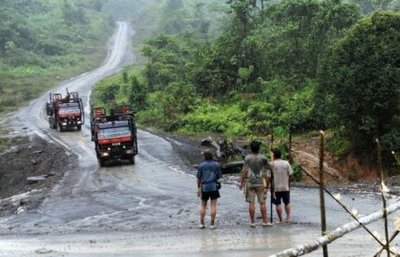
Foreign-investor purchases of farmland in poorer nations are displacing local populations and adding little to a country’s wealth, even as agricultural prices increase, according to Oxfam International.
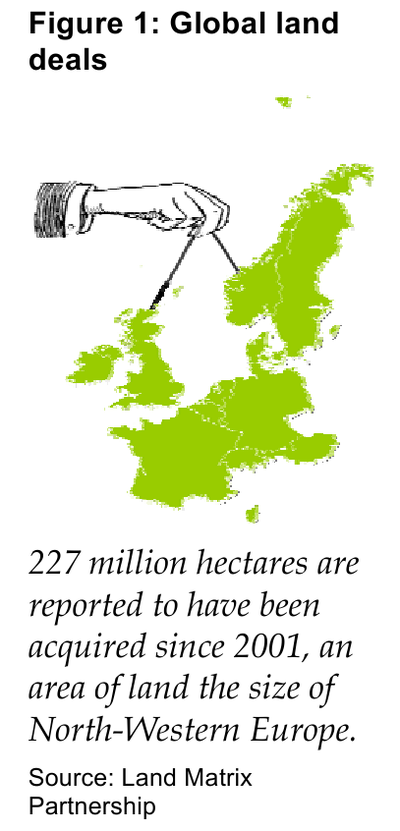
Oxfam affirme que depuis 2001, 227 millions d’hectares ont été vendus, loués ou concédés dans le cadre de transactions foncières à grande échelle et, dans la majorité des cas, par des investisseurs internationaux.
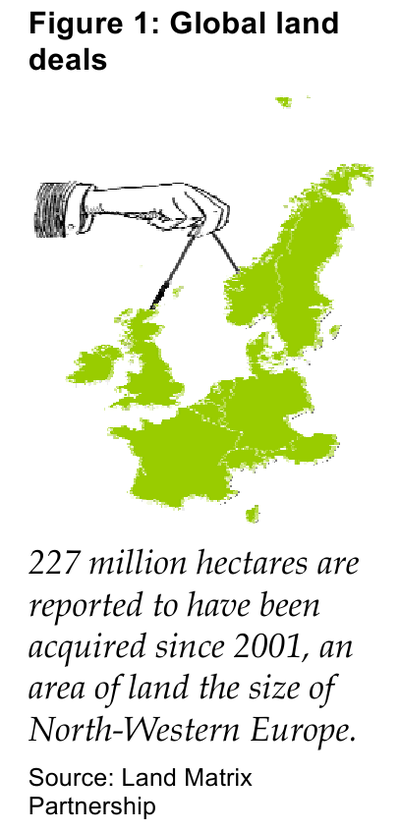
Preliminary research indicates as much as 227 million hectares - about the size of Western Europe - may have been sold, leased or licensed in large-scale land deals since 2001.
Gli Stati e le multinazionali fanno incetta di pianure fertili, fonti, pascoli, boschi. Li sottraggono ai paesi troppo poveri. La terra resta lì, ma i suoi frutti vanno altrove, nei forzieri dei paesi che hanno fatto cassa con l'inquinamento di ANTONIO CIANCIULLO

Depuis quelques mois, Oxfam mène une enquête sur l'accaparement des terres et sur la façon dont cette pratique a fait sombrer des milliers de personnes encore plus profondément dans la pauvreté. Vidéo parodie.
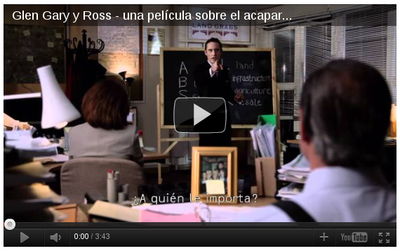
Oxfam presenta hoy en la web una parodia de la película de culto de Alec Baldwin Glengarry Glen Ross (El precio de la ambición)
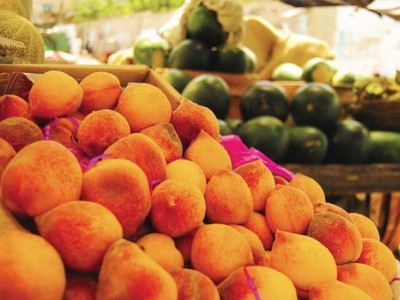
Experts urged the Sindh government to consider a few policies, which included supporting small growers, giving state land to landless women and men haris and an immediate end to leasing out land to other countries.
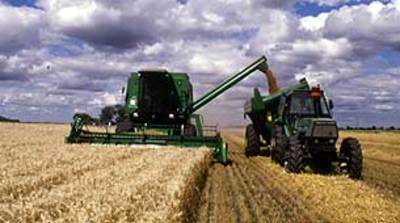
Numerosos fondos de inversión, fondos soberanos e inversores institucionales están adquiriendo tierras de cultivo en países empobrecidos, a expensas de las personas que viven en esas tierras y que dependen de ellas para su subsistencia.
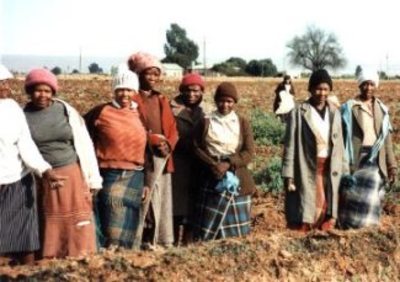
Smallholding income can be far more productive for rural areas than export orientated or foreign-owned large farms because any income earned is spent in the rural area.

Videos from the International Conference on Global Land Grabbing, Institute for Development Studies, University of Sussex, UK, 6 - 8 April 2011

"Only 12% of [the land investors have acquired in Africa in the last few years] is actually being farmed," Oxfam Senegal's Head of Economic Justice Lamine Ndiaye says. "The other 88% is just sitting there. It's just for speculation. You buy it, and three years later, you sell it at a higher price."